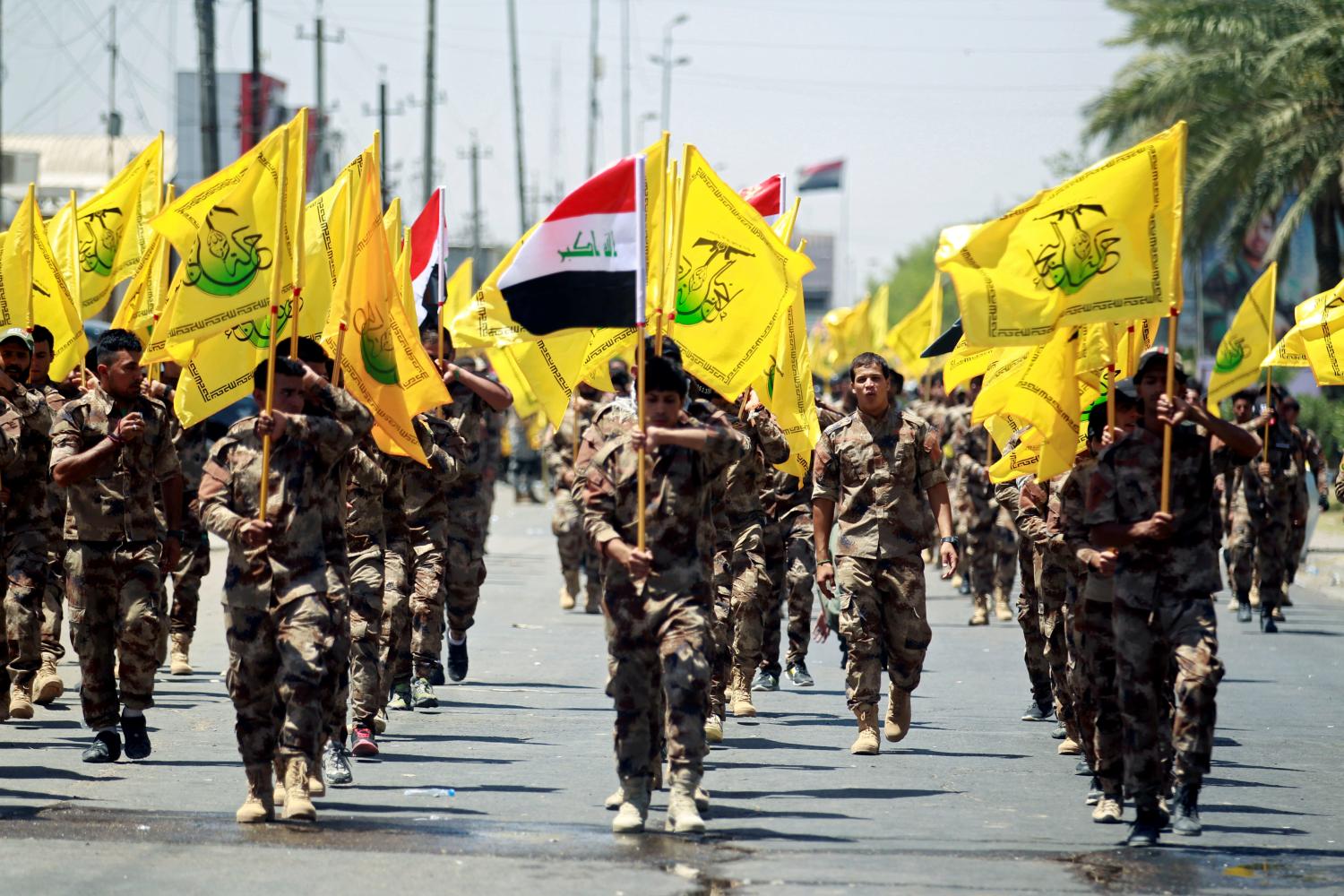Content from the Brookings Doha Center is now archived. In September 2021, after 14 years of impactful partnership, Brookings and the Brookings Doha Center announced that they were ending their affiliation. The Brookings Doha Center is now the Middle East Council on Global Affairs, a separate public policy institution based in Qatar.
After the liberation of Mosul, ISIS is unlikely to govern Iraq anytime soon; however, the ascendancy of Shiite militia groups leaves the country in a volatile state. These militia groups have multiple identities and complexities with differing degrees of integration into the Iraqi state, engagement with the international community, and cooperation with Iran. The plethora of groups has resulted in multiple clashes and rivalries among the militias, which further destabilizes Iraq.
Containing Shiite militias: The battle for stability in Iraq
In this Brookings Doha Center policy briefing, Ranj Alaaldin provides a strategy focused on helping Iraqis reduce the space in which Shiite militias operate by establishing an environment and culture of accountability. He recommends that the United States should shift resources away from the Iraqi political elite and toward the communal Shiite elements of state-aligned militias, tribes, and clerical figures. Second, international resources should help empower local actors such as Iraqi NGOs, humanitarian organizations, and civil society actors, which are better positioned to influence the militias to adhere to international norms. Third, as militias might fail in governance and administration, it is crucial to revitalize Iraqi state institutions and security forces so that it can provide basic services to civilians and revive the economy.




